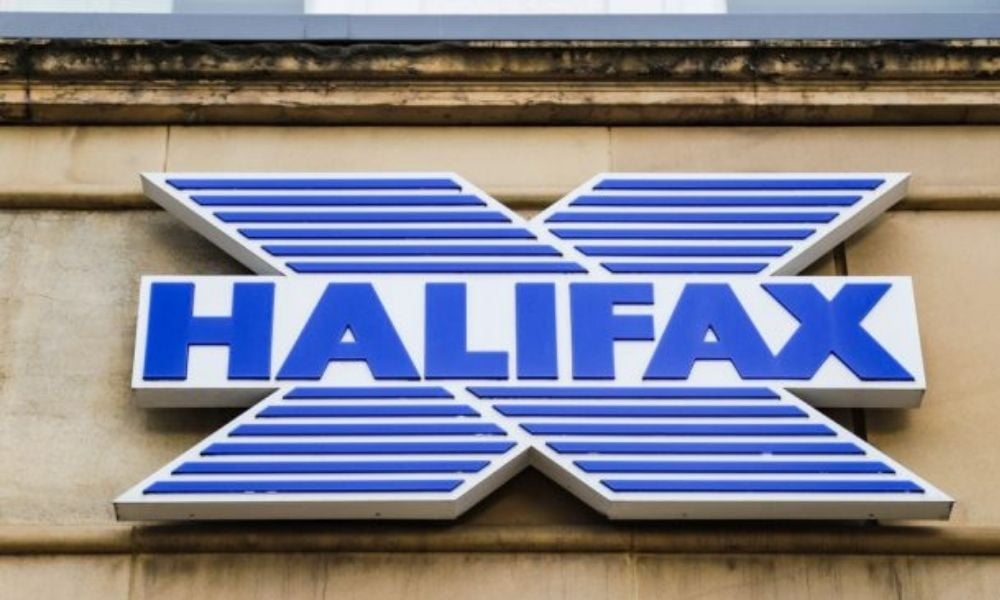Year-on-year prices grew by 10.8%, representing the fastest pace of annual growth in a decade-and-a-half and pushing the average house price up to a record high of £278,123

The UK house market shows no signs of cooling down with prices rising at their fastest rate since 2007, according to the Halifax’s latest House Price Index.
Year-on-year prices grew by 10.8%, representing the fastest pace of annual growth in a decade-and-a-half and pushing the average house price up to a record high of £278,123.
The report revealed that it was the biggest one-year cash rise recorded in almost 40 years of index history for average house prices.
The February report also found that monthly house price growth rose to +0.5% (or £1,478 in cash terms) following a slower start to the year, while adding that the squeeze on household finances was “still expected to weigh on the market this year”.
February was also the eighth month in a row that property values had increased, prompting Halifax to describe the market as resilient, and that it showed “little sign of easing”.
The report added: “Two years on from the start of the pandemic, average property values have now risen by £38,709 (+16%) since February 2020. Over the last 12 months alone house prices have gained on average £27,215. This is the biggest one-year cash rise recorded in over 39 years of index history.”
The report identified a lack of supply as one of the main reasons, noting that the “dearth of new properties” being listed had become a long-term trend.
The market’s buoyance is in stark contrast with the squeeze on household finances, caused by soaring inflation, rising rates and looming tax increases.
According to reports, the shortage of homes for sale is continuing to drive prices up, but, just as COVID begins to fade from the news, events in Ukraine are set to cause a major disruption to the economy and people’s finances.
Russell Galley, Halifax’s managing director, said: “Looking ahead, as COVID moves into an endemic phase and almost all domestic restrictions are removed, geopolitical events expose the UK to new sources of uncertainty.
“The war in Ukraine is a human tragedy, but is also likely to have effects on confidence, trade and global supply chains.”
He warned that surging oil and gas prices were one immediate consequence, meaning that inflation in the UK, which was already at a 30-year peak, would remain higher for longer.
“This will add to the squeeze on already stretched household incomes. While increases in Bank Rate look likely in the near term, the extent of the rises will depend on how it affects prices and companies’ approaches to pay over the months to come.”
These factors, he said, were “likely to weigh on buyer demand” as the year progressed, with market activity “likely to return to more normal levels and an easing of house price growth to be expected”.
Experts consulted by Mortgage Introducer were asked what impact the Russian-Ukrainian war might have on the UK’s housing market.
Kevin Roberts, director at Legal & General Mortgage Club, said the financial markets were taking the invasion seriously, while pointing out that the mortgage market had been “quite resilient over the last few months and years”, in reference to the COVID pandemic.
Jonathan Rubins, director Alternative Bridging Corporation, said that pent-up demand caused by limited stock would prevent a major shift in property prices but accepted that there could be a softening in demand.
“I personally don’t see it, but all bets are off if the rest of the world gets involved in Ukraine,” he said.
The report said that seven UK areas were now reporting double-digit annual house price inflation, with Wales once again listed as the strongest performing area, with annual house price growth of 13.8% and average property prices rising to £207,184.
Wales was followed by the South West of England as it also continued to record big gains, while London remained the weakest performing area of the UK.



